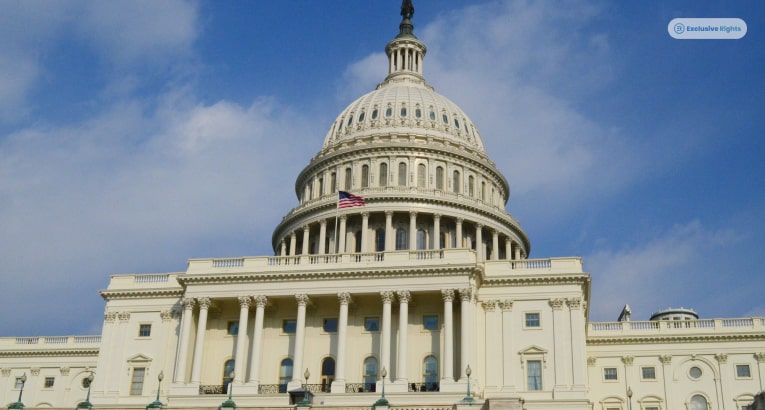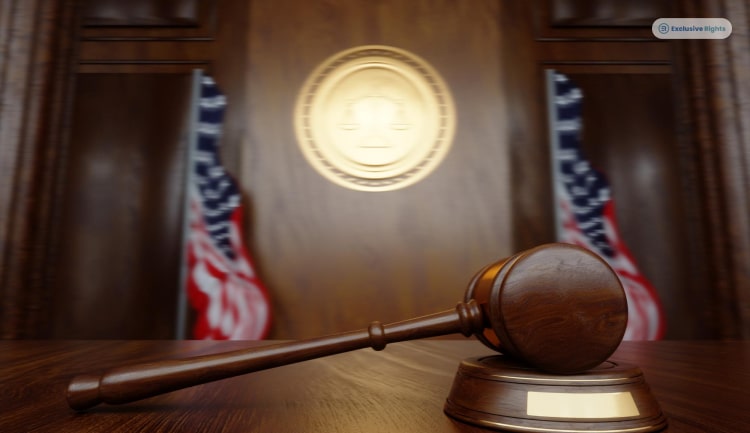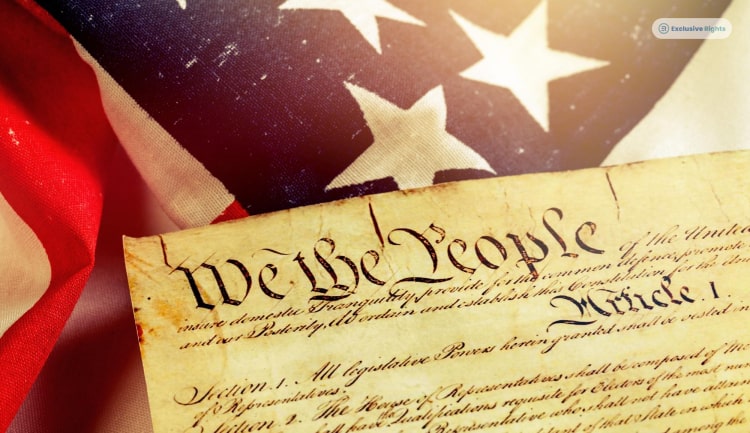
Table Of Contents
What Is Freedom From State Or Personal Interference?
“Freedom from State or Personal Interference” means that individuals have the right to live their lives without unnecessary control or interference from the government or other people. It means having the freedom to make choices and decisions about your own life as long as you’re not harming others or breaking the law.
This freedom includes expressing your thoughts and beliefs, practicing your religion, making personal decisions, and pursuing your goals and happiness without unwarranted interference. It’s about having the autonomy to live your life the way you want, as long as you’re respecting the rights and well-being of others.
“Freedom from State or Personal Interference” Elements

“Freedom from State or Personal Interference” includes the following elements.
No Unnecessary Control
You have the right to live your life without unnecessary control from the government or other people. This means you are free to make choices and decisions about your own life.
Personal Autonomy
You have the right to be in charge of your own life. You can think, believe, and express yourself the way you want as long as you’re not hurting others or breaking the law.
Privacy and Personal Space
You have the right to privacy and personal space. This means that others shouldn’t interfere in your personal matters or invade your privacy without a good reason.
Pursuing Happiness and Goals
You have the freedom to pursue your own happiness and goals. You can choose your path in life, follow your dreams, and make decisions that will lead to a fulfilling life.
Respecting Others’ Rights
While enjoying your freedom, it’s important to respect the rights and well-being of others. Your freedom should not infringe upon the rights and freedoms of others and vice versa.
“Freedom from State or Personal Interference” means having the freedom to live your life the way you want, make choices, express yourself, and pursue your goals, as long as you’re not harming others or violating the law. It also means respecting others’ rights and privacy.
Federal laws And “Freedom from State or Personal Interference”

These are a few federal laws about “Freedom from State or Personal Interference”.
First Amendment to the United States Constitution
The First Amendment protects your freedom of speech, religion, and expression. It means you can say what you want, practice your religion, and express your ideas without the government interfering.
Fourth Amendment to the United States Constitution
The Fourth Amendment protects your right to privacy. It means the government needs a good reason, like a search warrant, to invade your personal space or search your belongings.
Fifth Amendment to the United States Constitution
The Fifth Amendment protects your right to remain silent and not incriminate yourself. It means you don’t have to answer questions that could get you in trouble with the law.
Fourteenth Amendment to the United States Constitution
The Fourteenth Amendment ensures equal protection under the law. It means the government cannot treat you unfairly or discriminate against you based on factors like race, gender, or religion.
Freedom of Information Act (FOIA)
The FOIA gives you the right to access government information. It means you can request and receive records and documents held by federal agencies, promoting transparency and accountability.
These federal laws help safeguard your freedom from unnecessary interference by the government or others. They protect your right to express yourself, maintain privacy, remain silent, be treated fairly, and access information held by the government.
State laws And “Freedom from State or Personal Interference”

These are a few state laws about “Freedom from State or Personal Interference”.
State Constitutions
Each state has its own constitution, which may include provisions protecting freedoms similar to the federal laws. These state constitutions can provide additional safeguards for freedom of speech, religion, privacy, and equal protection.
State Privacy Laws
Many states have specific laws that protect your privacy rights. These laws cover areas such as surveillance, data protection, medical records, and personal information. They ensure that your personal information is handled responsibly and that your privacy is respected.
Anti-Discrimination Laws
States have laws prohibiting discrimination in various areas, such as employment, housing, and public accommodations. These laws protect individuals from unfair treatment based on characteristics like race, gender, religion, disability, and more.
State Wiretapping and Eavesdropping Laws
States have laws that regulate wiretapping and eavesdropping, which protect your privacy in conversations. These laws generally require consent from all parties involved to record or listen to private conversations.
State Freedom of Information Laws
Like the federal Freedom of Information Act, many states have laws granting access to public records and government information. These laws allow you to request and obtain records held by state agencies, promoting transparency and accountability.
Finally
These are a few Court rulings about “Freedom from State or Personal Interference”.
Miranda v. Arizona
In this landmark case, the Supreme Court ruled that individuals have the right to remain silent and be informed of their rights when taken into custody by the police. This ruling protects individuals from self-incrimination and ensures that they are aware of their rights during the criminal justice process.
Roe v. Wade
In this famous case, the Supreme Court recognized a woman’s constitutional right to privacy, including the right to choose to have an abortion. This ruling protects a woman’s autonomy in making decisions about her own body and reproductive health.
Obergefell v. Hodges
In this significant case, the Supreme Court held that same-sex couples have the right to marry, granting them equal protection under the law. This ruling affirms the freedom to enter into marriage without interference based on sexual orientation.
Griswold v. Connecticut
In this influential case, the Supreme Court recognized a right to privacy that includes the use of contraception by married couples. This ruling protects the privacy of personal decisions regarding family planning.
Lawrence v. Texas
In this important case, the Supreme Court struck down laws criminalizing consensual same-sex sexual activity, affirming the right to engage in private, adult, consensual relationships without government interference.
These court rulings have significantly impacted protecting individuals’ freedom from state or personal interference. They have established important precedents for the right to remain silent, make personal decisions, access reproductive healthcare, marry, and engage in consensual relationships without unnecessary government intrusion.
Read More:




